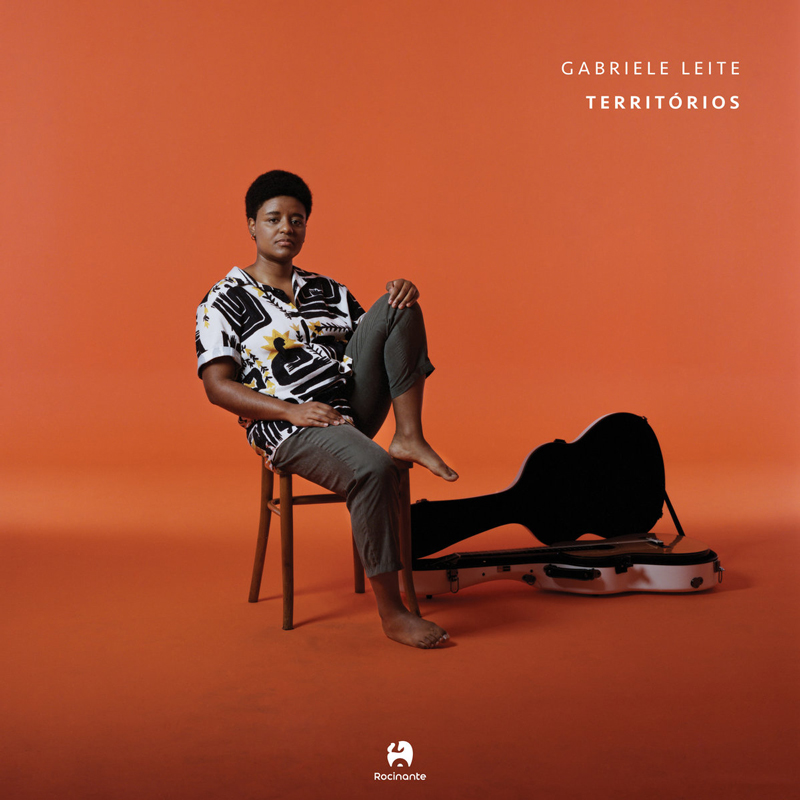Gabriele Leite – Territórios (Rocinante, 2023)
Brazilian musician Gabriele Leite is a rising star in the world of classical guitar. Her debut album, Territórios, features exquisite performances of works by Sérgio Assad, Edino Krieger, Heitor Villa-Lobos, and William Walton. Throughout the album, Leite exhibits technical brilliance and expressive depth.

Leite, from Cerquilho, São Paulo, developed a passion for music early in her childhood. She began her musical education at the Guri Institute and later pursued a Bachelor’s degree focused on guitar at the Institute of Arts, University of the State of São Paulo (Unesp). In 2020, she earned a Master’s degree in Musical Performance from the Manhattan School of Music, New York, on a full scholarship. Currently, she is a doctoral student in Musical Performance at Stony Brook University.
In 2022, she received the “Segovia and Rose Augustine” award from the Manhattan School of Music. She co-founded the Brazilian Classical Guitar Community (BCGC), a platform for promoting recordings of Brazilian composers. Leite has performed at notable events, including the opening concert for Brazil’s term on the United Nations Security Council and the gala dinner of the “Person of the Year 2022” event by the Brazilian-American Chamber of Commerce in New York.
The Territórios repertoire includes:
Side A:
Cinco Bagatelas (William Walton)
I. Allegro (03:40)
II. Lento (03:41)
III. Alla Cubana (01:53)
IV. Sempre Expressivo (02:12)
V. Con Slancio (02:22)
Ritmata (Edino Krieger) (04:19)Side B:
Sonata (Sérgio Assad)
I. Allegro Moderato (06:08)
II. Andante (06:00)
III. Presto (03:10)
Melodia Sentimental (Heitor Villa-Lobos) (03:56)Buy Territórios.


